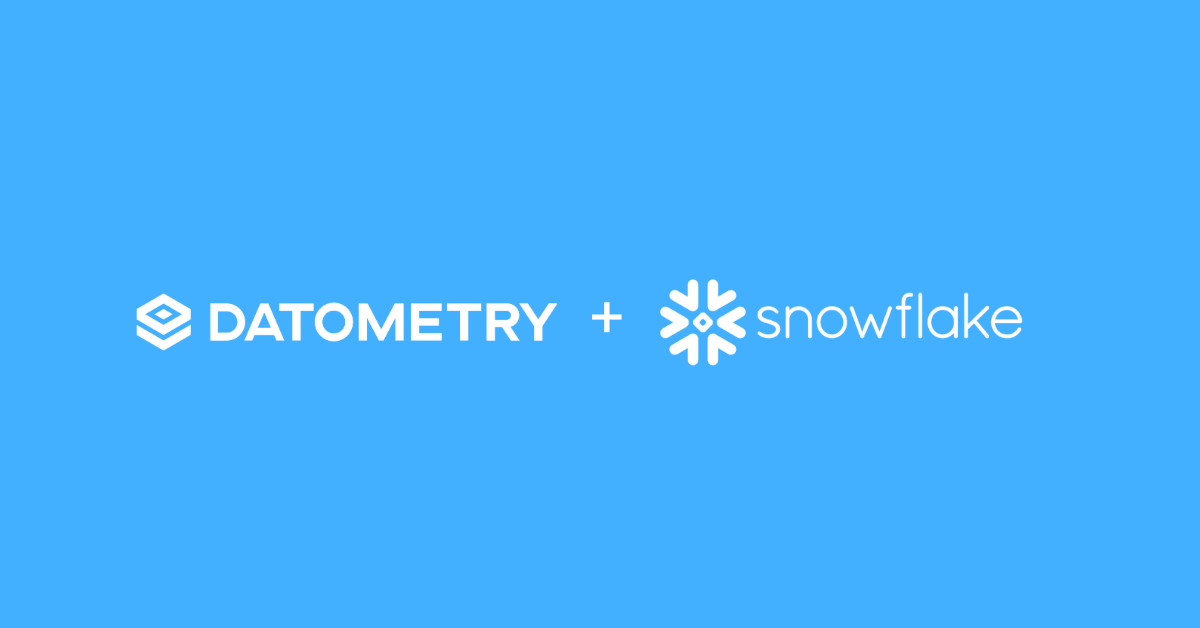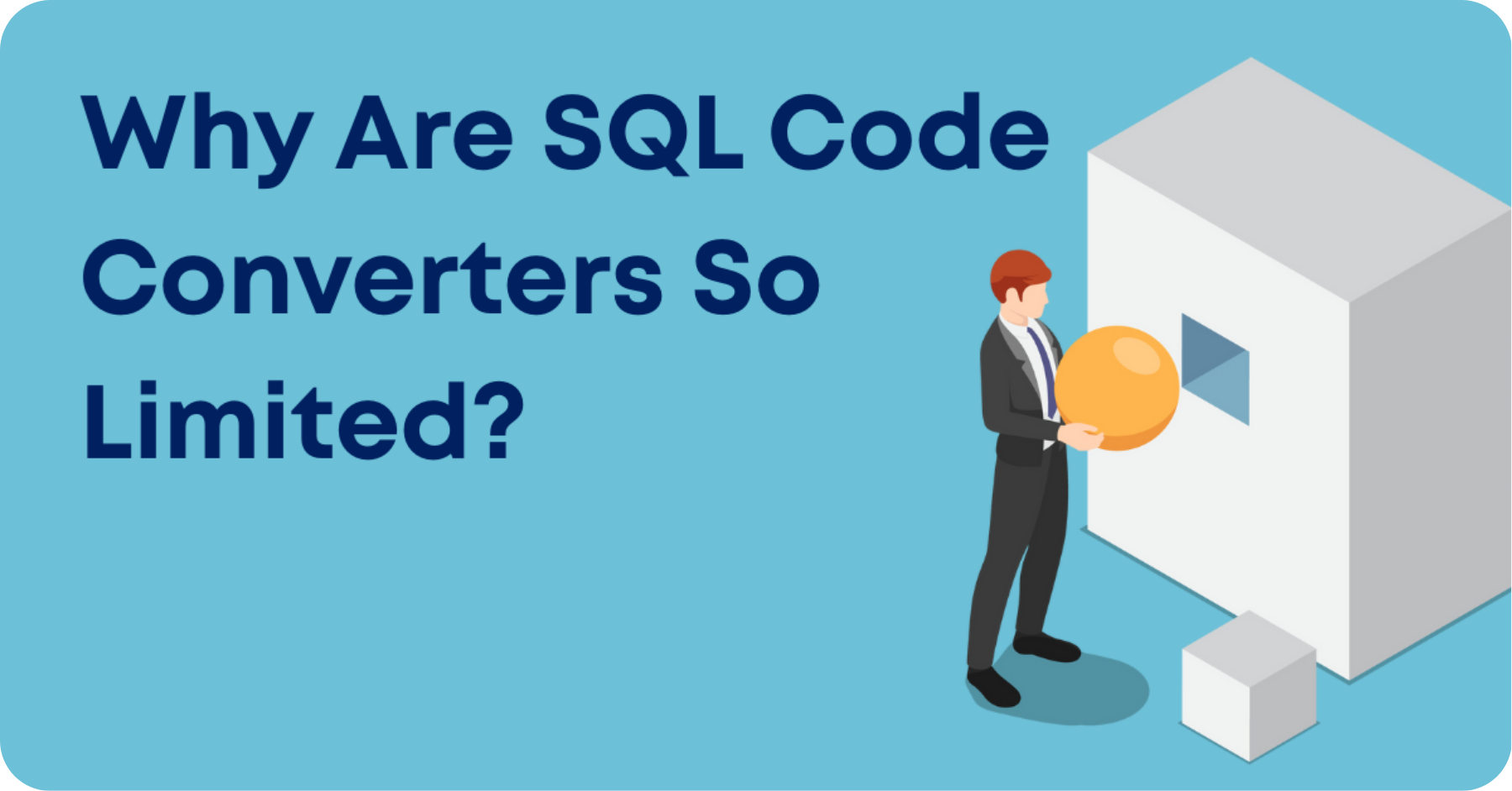This article appeared on BetaNews.com
For many years the database has been at the heart of enterprise IT. But the shift to the cloud has led to massive challenges with migrations proving both slow and expensive.
A different way to approach this is to use virtualization, allowing existing applications to run on any modern cloud platform without being rewritten or replaced. We spoke to Mike Waas founder and CEO of Datometry, a SaaS database virtualization platform, to find out more.
BN: How does vendor lock-in of databases hurt the industry?
MW: Databases are a critical component of the modern IT stack. Because they have very proprietary query languages, drivers, and tools, databases hold an incredibly strong lock on their customers: in order to switch databases, all applications need to be rewritten and reconfigured.
However, over time enterprises are being held back by legacy database systems. What once was a modern database has become a liability. Legacy systems cannot satisfy the business’ ever-increasing needs and as a result, the competitive posture of the enterprise suffers. The older the legacy system, the more pronounced the impact on the business.
Besides affecting customers directly, vendor lock-in also lowers or even eliminates competition in the market. Over time, database vendors have become complacent. Once they are entrenched with a market segment, the need to innovate is reduced, much to the customers’ detriment.
But it’s not just customers who are hurting. Startups and innovators in this space are affected negatively as well. They need to overcome the incumbents’ vendor lock-in to reach new customers and are up against an extremely high barrier-to-entry.
BN: What are the challenges IT leaders face when migrating databases?
About Mike Waas, CEO Datometry
Mike Waas founded Datometry with the vision of redefining enterprise data management. In the past, Mike held key engineering positions at Microsoft, Amazon, Greenplum, EMC, and Pivotal. He earned an M.S. in Computer Science from the University of Passau, Germany, and a Ph.D. in Computer Science from the University of Amsterdam, The Netherlands. Mike has co-authored over 35 peer-reviewed publications and has 20+ patents on data management to his name.


